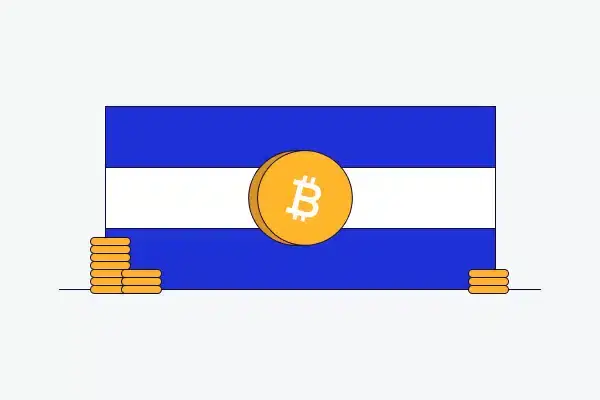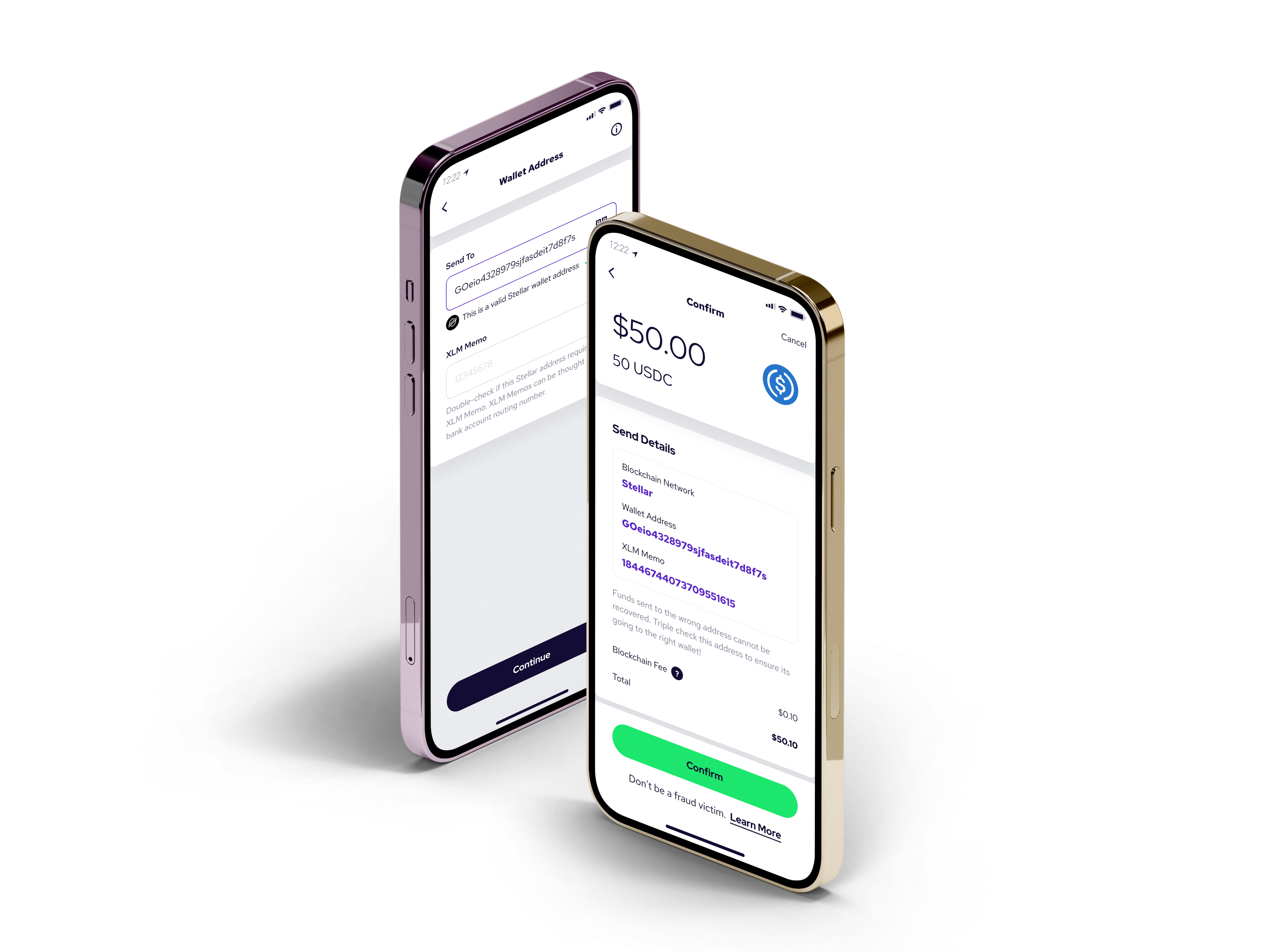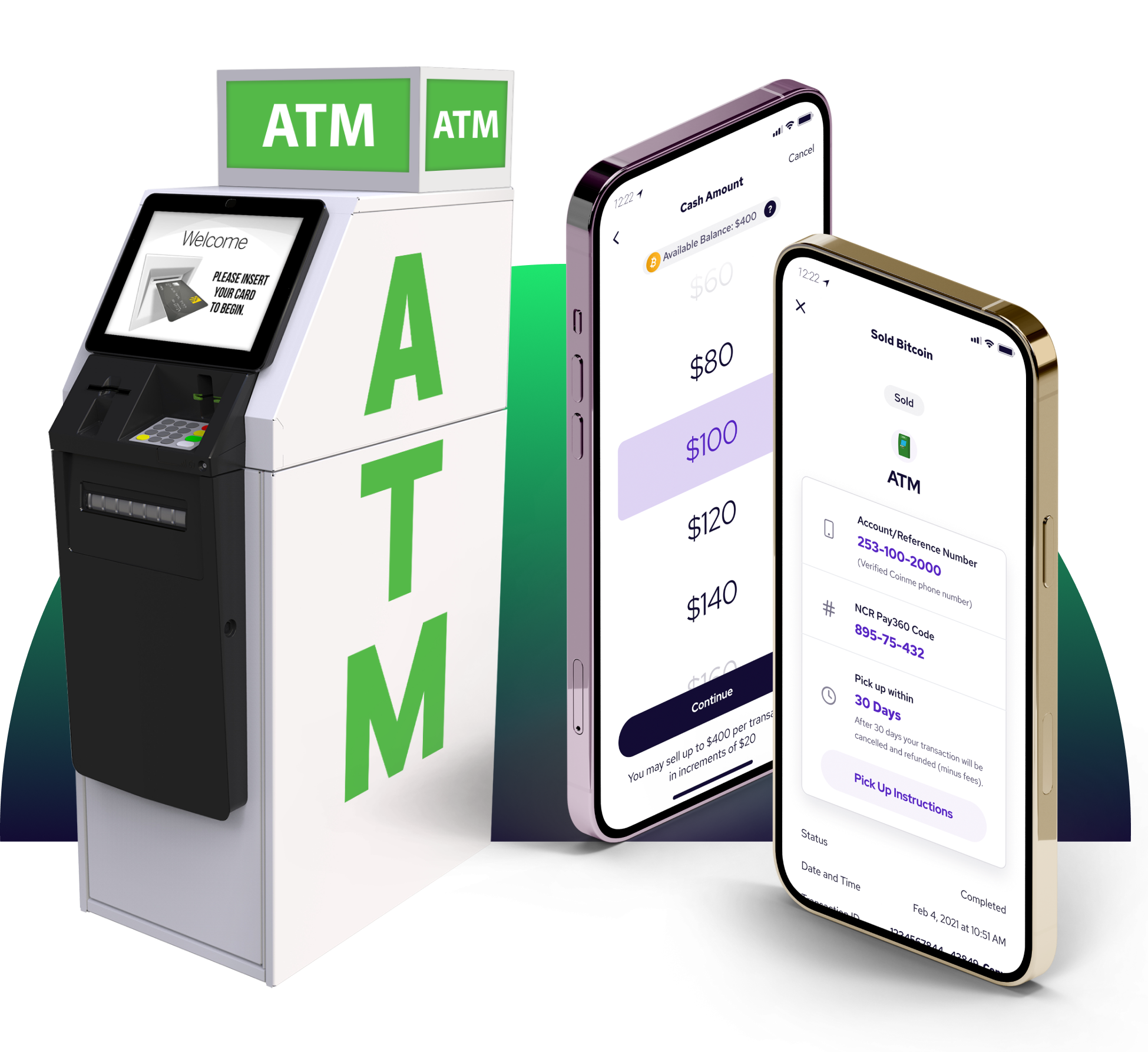On September 7, 2021, El Salvador made history by becoming the first nation to adopt bitcoin as a legal tender. This past week marked the first anniversary of this proclamation.

Like other developing economies, El Salvador has a fascinating history with its currency. In 2001, government officials decided to make U.S. dollars legal tender. At the time, the move to the dollar was not so much about taming runaway inflation or underpinning a runaway currency. Instead, it was seen as a way to invigorate the domestic economy, align El Salvador with global trade, and acknowledge the growing role of inflows of remittance dollars. In 2022 alone, remittances accounted for 24 percent of El Salvador’s GDP, according to Federal Reserve Economic Data (FRED) numbers.
In some ways, the decision by El Salvador to adopt bitcoin as a legal tender as a means of driving growth echoes the same logic for adopting the dollar more than 20 years ago. Bitcoin now has nation-state status and has entered a new phase in the global cryptocurrency revolution and, in the process, captivated the attention of many.
Bitcoin for everyone
Part of El Salvador’s experiment is about getting an entire country to adopt new technology as it is about new economic or monetary policy.
To encourage and direct the roll-out of state-level bitcoin, the government created a bitcoin wallet called Chivo. Every adult in the country who downloaded and registered for a Chivo wallet received $30 in bitcoin.
The bitcoin holdings in Chivo wallets are converted to USD to protect against volatility, in compliance with the law making bitcoin legal tender in El Salvador. Also, Chivo wallets run on the Lightning Network, which is built on top of bitcoin and makes faster and cheaper transactions possible while still taking advantage of bitcoin’s network security.
According to a tweet by El Salvador’s President Nayib Bukele, 2.1 million people were actively using Chivo wallets by the end of September last year.
Since then, Chivo has experienced several issues related to usability, prompting a significant reported drop in activity and necessitating an overhaul of the system.
In addition to distributing bitcoin to citizens via the Chivo wallet program, the Salvadoran government has also been buying and holding bitcoin. The most recent purchase of 80 BTC was in July of 2022. Bloomberg reports that the government has spent an estimated $106.3 million on its bitcoin-related activities.
The upside to El Salvador’s bitcoin adoption
While the path has not been smooth, El Salvador has been an example of how a country can adopt a new form of money and embrace new financial technology.
The goal of making bitcoin legal tender is to encourage economic growth and to attract new kinds of businesses, entrepreneurs, and companies to El Salvador. The ambitious plans map out a “bitcoin city” where innovators can build out the future of finance and include a government-owned volcano-powered bitcoin mining facility.
While it’s still too early to tell what the long-term economic impacts will be — especially against the backdrop of rapidly changing crypto markets and global macroeconomics, adopting bitcoin has definitely put El Salvador on the map.
If nothing else, people (and especially people already interested in crypto) are visiting El Salvador to see how the rollout is going. Since the passing of the bitcoin law last year, trips to the country have increased, according to the Ministry of Tourism.

Current bitcoin price
The associated risks of bitcoin as a primary currency
For many, the mathematical elements and code-driven rules governing bitcoin’s monetary policy continue to drive enthusiasm for cryptocurrency and digital assets. After several years of heavy-handed financial tinkering and manipulating money supply by powerful central banks, bitcoin and other cryptocurrencies present sound alternatives.
However, that is not to say that El Salvador’s bitcoin experiment is not without risks and potential downsides.
The International Monetary Fund (IMF), among others, has been critical of El Salvador’s bitcoin plans and has urged the government to roll back its legal tender status. The IMF is concerned that bitcoin’s volatility could hinder growth in the country and that there aren’t enough consumer protections in place to insulate citizens from some of the security issues related to transacting in digital currencies.
Even though the Salvadoran government has been building its stack of bitcoin, the country’s estimated holdings are down 57 percent over the past year.
Bitcoin as an alternative
Another outcome of El Salvador’s bitcoin experiment is that it has inspired other developing economies to look for alternatives.
In April, government officials of the Central African Republic — among the poorest countries in the world — unanimously voted to make bitcoin legal tender.
The logic? Officials are trying to encourage more technological innovation and financial activity in the country. Time will tell if other countries worldwide will follow suit in making bitcoin legal tender.
To keep updated with the latest development in bitcoin, subscribe to the Coinme newsletter here:



